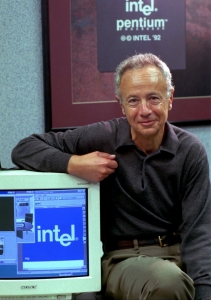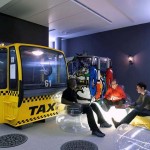Technology is no silver bullet and better technology doesn’t automatically mean better education.
The Organisation for Economic Co-operation and Development (OECD) found that across more than 40 countries, students who use computers for their schoolwork, but for a slightly lower-than-average amount of time, do better than average on reading exams. Students who spend an above-average amount of time on computers at school scored lower than students who don’t use computers at all. Like everything, how helpful technology is depends on how you use it.
It has also been highlighted how job roles that require empathy, for example doctors and nurses, are better positioned to withstand the changes that technology is sweeping along its path, and with 36% of the workforce in jobs that have a high risk of being automated by 2030 (via a study by Oxford University) we need to de-mystify the confusion and complexity that technology often brings to our day-to-day existence.
This leads me to a paragraph of hope – during my recent travels I read about the declining numbers of subscribers to cable television. Executives in the industry believe “skinny bundles” might be one solution to halt this decline, and I picked up on that – wouldn’t skinny everything help us in the long term? Offer consumers a menu of options and let us piece together only what suits us – move us from mass production to mass customisation.
That way we get what we need, we are satisfied with what we pay, and we don’t spend hours filtering through unnecessary material. Or maybe we just shut down the TV networks at 10:30pm and ask society to read a book for 30 minutes before falling asleep.




